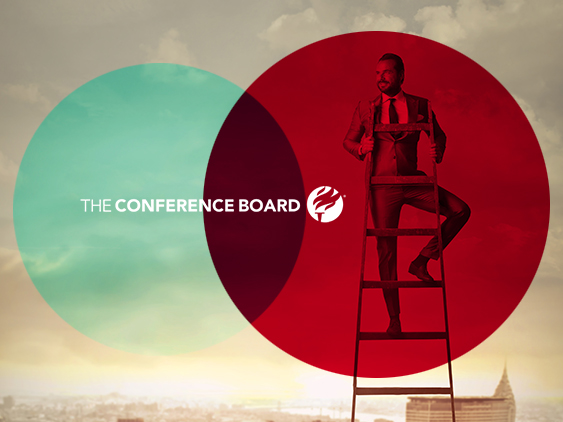American workers are more content than ever, according to The Conference Board Job Satisfaction 2023. The report finds improved satisfaction across nearly all 26 components—with gains in non-compensation factors like work-life balance outpacing even those from improved pay and benefits.
Overall, 62.3 percent of US workers were satisfied in 2022—up from 60.2 percent in 2021. That’s the highest level recorded since the survey began in 1987. Satisfaction has now surged for two consecutive years—rising 3.4 ppts in 2021 and 2.1 ppts in 2022. These post-pandemic gains continue a long-term trend: Job satisfaction has been rising steadily for over a decade, after hitting an all-time low of 42.6 percent in 2010 following the Great Recession.
Recommended: How Modern Workplaces Can Match Pace With The Advancing Artificial Intelligence Trends
“With unemployment at record lows, it’s a sellers’ market for labor—US workers are reaping the rewards,” said Eren Selcuk, Senior Economist at The Conference Board. “Job satisfaction was up across the board in 2022—and especially high for workers who switched jobs. While a mild recession in 2023 is likely to ease labor shortages and reduce labor mobility, the impact on job satisfaction may be brief and minor: Demographic trends suggest tight labor markets are here to stay, putting the onus on employers to compete for talent.”
“With the labor market remaining tight for the foreseeable future, a focus on worker retention is that much more important,” said Allan Schweyer, Principal Researcher of Human Capital at The Conference Board. “These results reveal that once workers are paid competitively, a strong workplace culture is the most important factor for keeping workers. Leaders gain the most by offering flexible, hybrid work arrangements, and by emphasizing work experience and culture factors such as interesting work, reasonable workloads, and opportunities for career growth.”
Recommended: AI Talent Trends Influence The Top 10 In-Demand Jobs And Skills
Apart from competitive pay, the factors that most influence employee retention center around work experience and culture.
- Organizational culture, quality of leadership, and work-life balance are the factors that most influence employee retention.
- These factors intersect with the top predictors of overall job satisfaction—organizational culture, quality of leadership, potential for future growth, and interest in work—suggesting that leaders should prioritize the cultural aspects of work to drive both employee retention and job satisfaction.
HR Technology News : HR Technology News : HR Technology Highlights – HR Tech Daily Round-Up For 9th May 2022
[To share your insights with us, please write to sghosh@martechseries.com]

